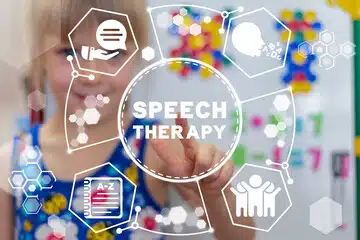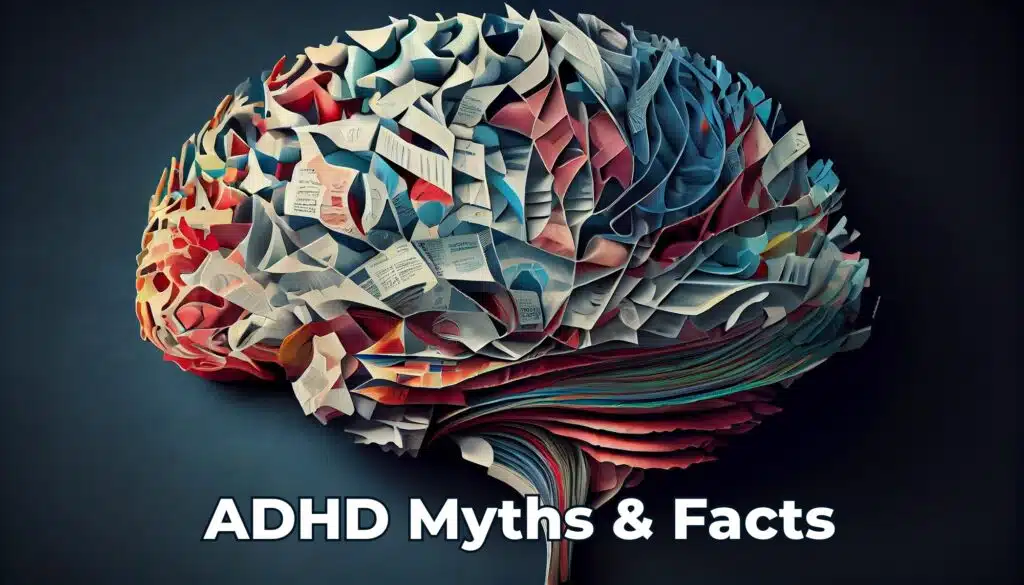Improving Social Literacy of Children with Autism
New and Fun Initiatives

In Australia, approximately 1 in 150 people are diagnosed with autism. Strengths and difficulties vary between individuals and are typically categorised by the type of support needed: either mild, moderate, or severe. Symptoms also vary accordingly.
Common symptoms of autism:
- Restricted repetitive behaviours are often noticed in very young children with autism
- Sensory hypersensitivity, for example to loud noises or having limited food choices due to preferences in texture, taste or smell. Sometimes children only accept food of a certain colour as their quirk!
- Poor emotion regulation is another common symptom in autism which can lead to long-lasting anger outbursts. For some children, and even adults, this can occur with unexpected changes in daily routines.
- Impulsivity is also a common symptom, in both Attention-deficit Hyperactivity Disorder (ADHD) and Autism and is often diagnosed together.
Why do we call it the autism spectrum?
For many individuals with autism, their interests can be strongly focused on just one topic, and many have remarkable abilities in these interests, for example in mathematics. On the other hand, people with severe forms of autism may not be able to verbally communicate or their social anxiety can be so severe it leads to school refusal or avoiding crowded places like shopping centres. Hence, autism is nowadays diagnosed as “Autism Spectrum Disorder” (ASD) in order to accommodate all these facets associated with the one condition.
What treatments are available?
Importantly, autism is not a mental illness. The autistic brain simply functions differently to neurotypical (non-autistic) brains. Treatment targets the symptoms as they individually present with a range of psychological, behavioural, occupational, and/or speech pathology interventions. Medications are often considered to help with managing anxiety and emotion regulation.
Social Difficulties
School-aged autistic children reported the greatest difficulty they faced was fitting into their social world. This is most likely because non-verbal communication skills account for over 60% of communication ability and have been identified as playing a key role in the way people socialise. Some of these difficulties in autistic people include:
* Understanding facial expressions,
* Using conversational hand gestures
* Joint attention between the above and the surrounding environment.
Understanding these subtle social cues in communication plays a critical role in building trusting friendships and relationships with others, especially during school years.
Why do faces matter so much?
Understanding facial expressions is considered one of the most important non-verbal communication skills, as they are often the first feature we see! Faces provide important social information about our mood and intentions to those around us. Autistic people often have significant difficulties in recognising facial expressions which can increase over time without intervention. Although difficulties are experienced with all six basic emotions (happy, sad, fear, disgust, angry & surprise), they seem to have specific challenges with more complex emotions such as anger, fear and surprise.
How Educare is making a difference
Here at EDUCARE, we enjoy collaborating with research teams at the University of Newcastle and the Hunter Medical Research Institute. One such team is led by Professor Ulrich Schall, one of our very own Consultant Psychiatrists. This team has designed a research project helping primary school children with mild to moderate autism to improve their literacy of facial emotion expression. The team is inviting children aged between 6 and 12 years to participate. They’ve developed an iPad Face App game which teaches the six basic emotions in a fun way over a few weeks. Of course their ability to process facial features will be tested before and after playing the game at home. Game time is limited by the App to just 30 min a day. The iPad does not contain any other Apps and records the child’s progress whilst playing the game. Easy!
The research has been approved by the University of Newcastle Human Research Ethics Committee (reference H-2018-0441). If you are interested and would like to receive more information, please contact Oliver Smith by email Oliver.J.Smith@newcastle.edu.au or phone 02 405 532 06.



